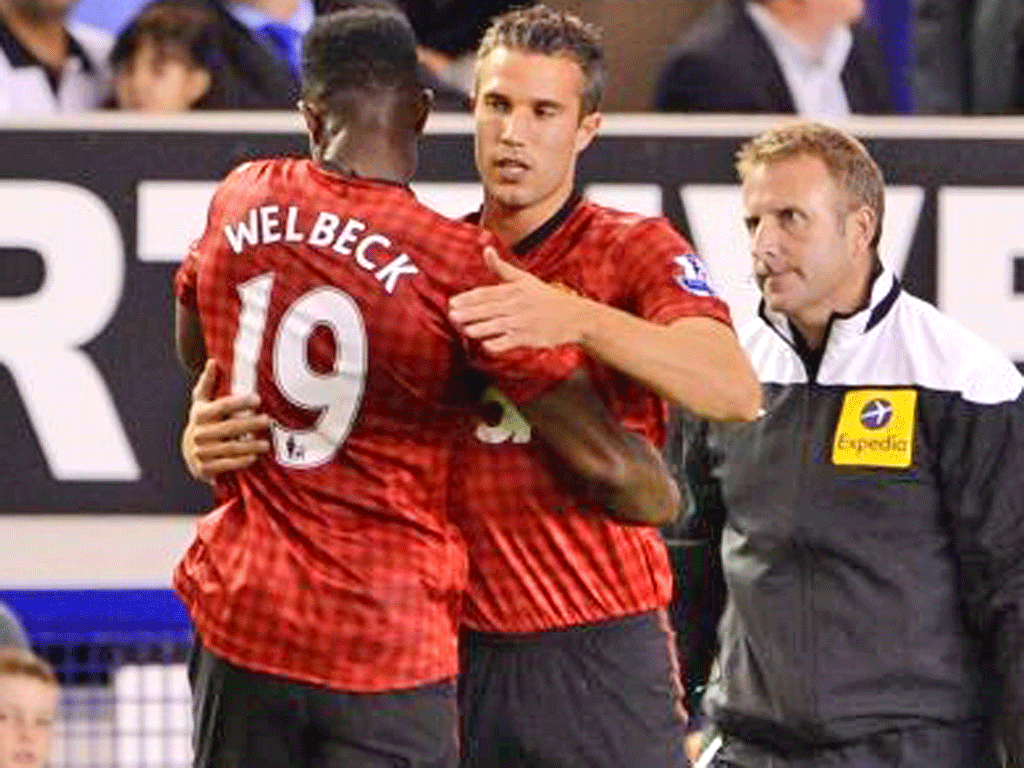Stanley Park shimmered in the heat, the sunlight sparkled off the glass in the Gladstone Pavilion and the boating lakes. The evening sky was midnight blue, the grass vividly green. It was August and a great time to be facing Everton.
David Moyes's side are habitually among the worst starters in the Premier League. If the season stretched from January to May, Everton would back themselves to qualify for the Champions League most years. In contrast, they approach the opening fixtures like a hungover student wondering if there are any afternoon lectures worth attending.
Summer after summer Moyes has fretted about Everton's starts and tinkered with the club's pre-season routines. This had been the most chaotic of the lot. For reasons best known to themselves, Everton had agreed to spend some of July playing the Turkish side Galatasaray in Indonesia – a country that attracts several pages of Foreign Office warnings. Thankfully, perhaps, the tournament was cancelled before a ball could be kicked.
They had lost Tim Cahill, their most consistent goalscorer, and seen the departure of one of the jewels of their youth policy, Jack Rodwell, to Manchester City, a club Everton consistently beat but with whom they cannot compete.
And yet the men they managed to keep turned the night and all its expectations on its head. Leighton Baines, who might have gone to Old Trafford in the close season, is probably the best left-back in the country. Marouane Fellaini terrorised what was admittedly a makeshift Manchester United defence and Phil Jagielka, once courted by Arsenal, cleared off the line. This time last year Everton treated Goodison to a defeat by Queen's Park Rangers. Here, they outplayed Manchester United.
In cricket seasons gone by Yorkshire used to refer to itself as "the Champion County", ignoring the small matter of whether or not they were actually champions at the time. This kind of aura surrounds Manchester United, an impression reinforced by the statement of intent represented by the signings of Robin van Persie and, perhaps more significantly, of Shinji Kagawa from Borussia Dortmund, a team that last season beat Bayern Munich wherever they met. It was the bench that told you that, for all the frantic activity of summer, Manchester United are still a work in progress. The flashguns, naturally, were trained on the slim, still boyish figure of Van Persie, perhaps United's most iconic transfer since Eric Cantona crossed the Pennines two decades ago but whose impact on the night was peripheral.
Alongside him on the Manchester United bench were men who emphasised that football always changes. Scott Wootton, born across the Mersey in Birkenhead, had exchanged Liverpool's Academy for Manchester United's and impressed on a pre-season tour designed to squeeze every cent out of the summer that had taken Sir Alex Ferguson's players from Cape Town to Oslo via Shanghai.
Two seasons ago, Dimitar Berbatov was the Premier League's leading scorer but now he has as much relevance to the future of Manchester United as Frank Stapleton. Amid all the debate as to how the Dutchman would fit in; how his arrival would affect Javier Hernandez or Danny Welbeck nobody seems to have given Berbatov a thought. There were some, seeing the Bulgarian take his place on the bench, who expressed surprise he was still at the club. Naturally, with United a goal down, there was no question of sending him on to salvage the match.
Perhaps the substitute taking the keenest interest was Anders Lindegaard. There is no relationship quite like that between a goalkeeper and his deputy. They train together with the knowledge that for one to play, the other must either fail or get himself injured.
David De Gea was injured, flattened by Fellaini, but recovered to perform as he spent much of his debut season at Old Trafford; saving brilliantly and instinctively and then allowing himself to be intimidated by crosses with fatal results. The last time these two sides had met he had conceded four times, a result that more than any other ensured the championship would not be retained. This was no way to go about winning it back.
Subscribe to Independent Premium to bookmark this article
Want to bookmark your favourite articles and stories to read or reference later? Start your Independent Premium subscription today.


Join our commenting forum
Join thought-provoking conversations, follow other Independent readers and see their replies